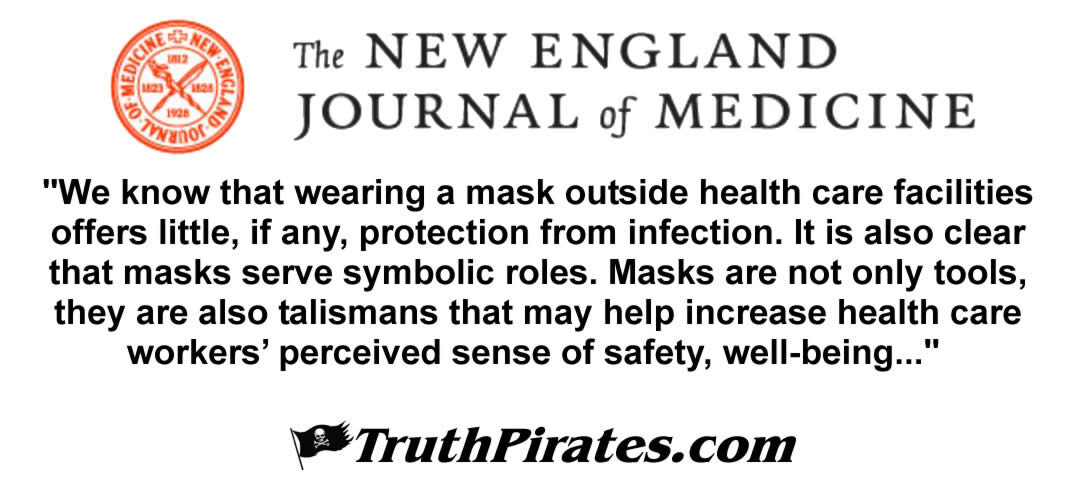

That prompted the poison centre – along with other health care organizations – to publish guidelines on the amount of adult medication to give children by weight. Margaret Thompson, the medical director of the Ontario Poison Centre, which also serves Manitoba and Nunavut, said nurses at the centre began noticing an uptick early last fall in calls about dosing mistakes with acetaminophen and ibuprofen, the active ingredients in Tylenol and Advil, respectively. The resurgence was particularly hard on children, and Canadian pediatric hospitals were frequently overwhelmed during the 2022-2023 respiratory virus season. The continued circulation of the virus that causes COVID played a part, too. The shortages last fall and winter of children’s Advil, Tylenol and other brands came about because of a huge increase in demand as viruses such as influenza, respiratory syncytial virus (RSV) and rhinovirus roared back after public-health measures designed to control COVID-19 ended. Sometimes, when people can’t access the drugs they need, they come in to the hospital or emergency room.” There was probably an increased burden on the health care system. “It is possible some kids had pain and fever that went untreated. “There was tremendous anxiety and uncertainty among parents and caregivers who couldn’t get medications when they wanted them,” said Jonathan Zipursky, a clinical pharmacologist and toxicologist at Sunnybrook Health Sciences Centre in Toronto and one of the authors of the new study.

John sopinski/the globe and mail, Source: the new england journal of medicine The researchers found that the increase in calls to the poison centre did not lead to a statistically significant increase in referrals to hospital, meaning the harm came mostly in the form of stress and fear for parents as they encountered bare pharmacy shelves during an unusually brutal respiratory virus season. Canadian parents may also have misinterpreted the dosing instructions on liquid pain and fever medicine they purchased outside the country, the study suggests. The authors of the study, which was published Wednesday in the New England Journal of Medicine, say the increase likely stemmed in part from caregivers making dosing errors as they split or crushed adult pills for young children. The number of calls to the Ontario Poison Centre from parents who accidentally gave their children too much Tylenol or Advil spiked last fall as Canada experienced a major shortage of over-the-counter liquid pain relievers, new research has found.


 0 kommentar(er)
0 kommentar(er)
